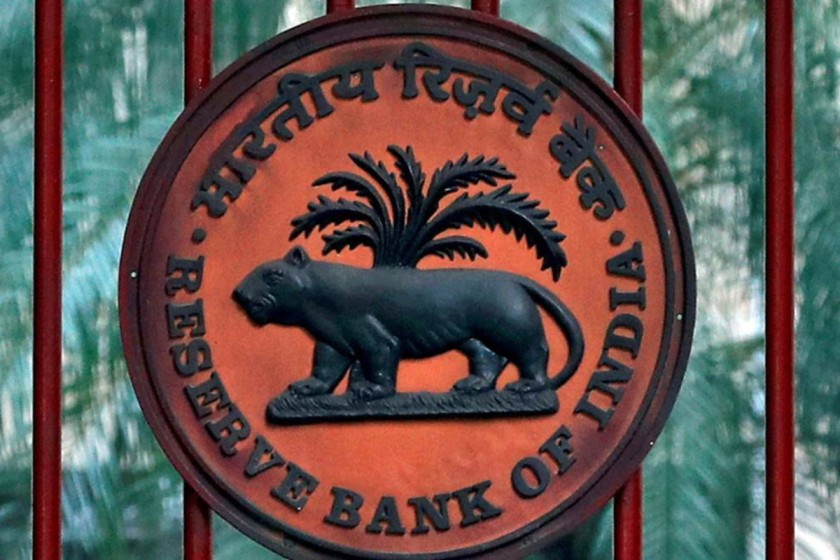- October 28, 2022
Internationalisation of rupee has risks but they are unavoidable: RBI Deputy Governor

RBI Deputy Governor Rabi Sankar discusses the complexities and benefits of internationalizing the rupee while acknowledging associated risks.
Internationalisation of the rupee can prove to be more challenging for the domestic monetary policy but the alternative of compromising on growth by playing it safe is clearly not an optimal choice, believes RBI Deputy Governor T Rabi Sankar.
The Deputy Governor observed that in the case of the dollar, the ‘exorbitant’ privileges include immunity from Balance of Payments crises as the USA can pay for its external deficits using its own currency.
The dominance of its financial institutions, markets and policies in the global economy, the protection for its businesses from currency risk, the seigniorage that accrues to it, all of these flow from its status as the preeminent reserve currency, he said.
Rabi Sankar drew a distinction between the status of ‘rupee as an international currency’ and the process of ‘internationalisation’ of the rupee.
“Rupee as an international currency, with all its attendant privileges that we saw USD enjoys, is a state that lies well into the future. It is not achievable by financial regulation alone, as the preconditions we listed for dollar dominance clearly illustrate,” he said.
But India can make tangible progress towards internationalisation of the rupee, noted the Deputy Governor.
“This is a process that involves increasing the use of the rupee in cross-border transactions. Broadly, the process involves promoting the rupee for import and export trade and then other current account transactions followed by its use in capital account transactions.
Rabi Sankar emphasised that the use of the rupee for transactions between non-residents would be a decisive vote of confidence in the rupee’s internationalisation, but that is a step that belongs to the final stages of rupee internationalisation, and not a priority at this stage.
On the risks of internationalisation of the rupee, he noted that India is a capital deficient country, and hence needs foreign capital to fund its growth. If a substantial portion of its trade is in rupee, non-residents would hold rupee balances in India which would be used to acquire Indian assets.
Large holdings of such financial assets could heighten vulnerability to external shocks, managing which would necessitate more effective policy tools.
The Deputy Governor said a reduced role for convertible currencies in external transactions could lead to reduced reserve accretion. At the same time, however, the need for reserves would also reduce to the extent the trade deficit is funded in rupees.
Non-resident holdings of the rupee could exacerbate the pass-through of external stimulus to domestic financial markets, increasing volatility. For instance, a global risk-off phase could lead non-residents to convert their rupee holdings and move out of India.
“These risks are real, but they are unavoidable if India is to progress to be an economic superpower. Macroeconomic policy would need to measure up to such risks,” said the Deputy Governor.
